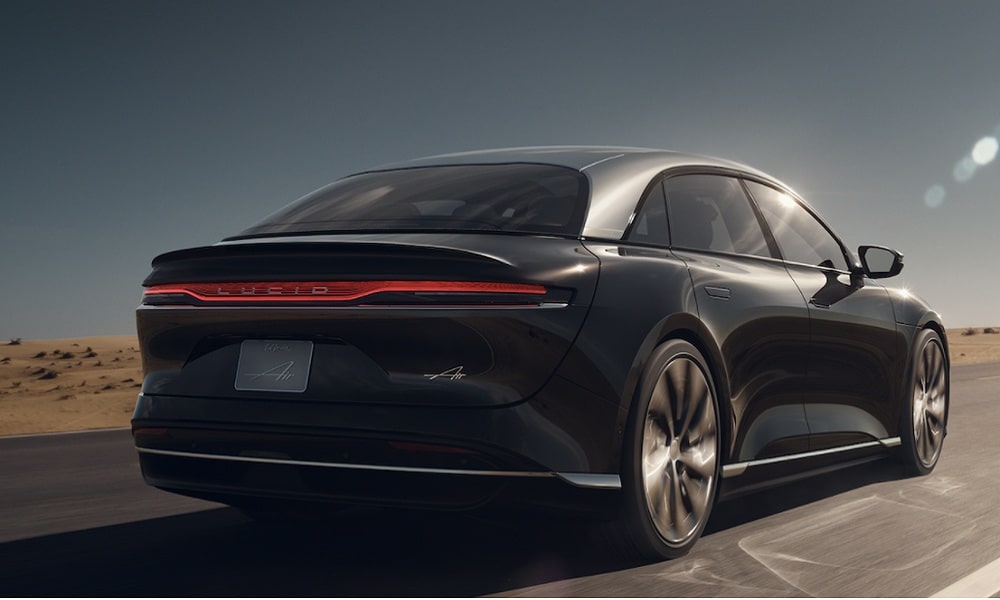The automobile industry has been continuously evolving since its inception. The world is moving towards more sustainable and eco-friendly modes of transportation, and the race to create the world’s most energy-efficient vehicle has gained immense importance. The growing concern for climate change and environmental degradation has led automakers to focus on developing vehicles that emit fewer pollutants and consume less fuel.
The Need for Energy-Efficient Vehicles
The transportation sector is one of the major contributors to greenhouse gas emissions. According to the International Energy Agency (IEA), the sector accounts for about 23% of global CO2 emissions. The increasing use of fossil fuel-based vehicles has resulted in air pollution, which has adverse effects on human health. It has become imperative to shift towards sustainable transportation to reduce the carbon footprint and mitigate the effects of climate change.
The Challenges Faced by the Automobile Industry

The development of energy-efficient vehicles poses several challenges to the automobile industry. One of the major challenges is the cost of producing these vehicles. The use of advanced technologies and materials to reduce fuel consumption and emissions adds to the production cost. The high initial cost of these vehicles makes them less affordable for the mass market. Another challenge is the lack of charging infrastructure for electric vehicles. The limited availability of charging stations makes it difficult for consumers to adopt electric vehicles as their primary mode of transportation.
The Advancements in Energy-Efficient Vehicles
Despite the challenges, the automobile industry has made significant advancements in energy-efficient vehicles. The development of hybrid and electric vehicles has revolutionized the industry. Hybrid vehicles combine the benefits of both gasoline and electric power, resulting in lower emissions and better fuel economy. Electric vehicles run solely on electricity and emit zero emissions. The advancements in battery technology have increased the range of electric vehicles and reduced the charging time. The use of lightweight materials such as carbon fiber and aluminum has also contributed to the development of energy-efficient vehicles.
The Future of Energy-Efficient Vehicles
The future of energy-efficient vehicles looks promising. Automakers are investing heavily in research and development to improve the performance and affordability of these vehicles. The use of renewable energy sources such as solar and wind power for charging electric vehicles is being explored. The development of autonomous vehicles is expected to further reduce emissions and improve fuel efficiency. The integration of smart technologies such as vehicle-to-grid communication and predictive maintenance will also contribute to the development of energy-efficient vehicles.
The race to create the world’s most energy-efficient vehicle is a crucial step towards sustainable transportation. The challenges faced by the automobile industry are being addressed through advancements in technology and innovative solutions. The future of energy-efficient vehicles looks promising, and the transition to sustainable transportation is inevitable. It is essential for all stakeholders, including governments, automakers, and consumers, to work together to achieve a sustainable future.




